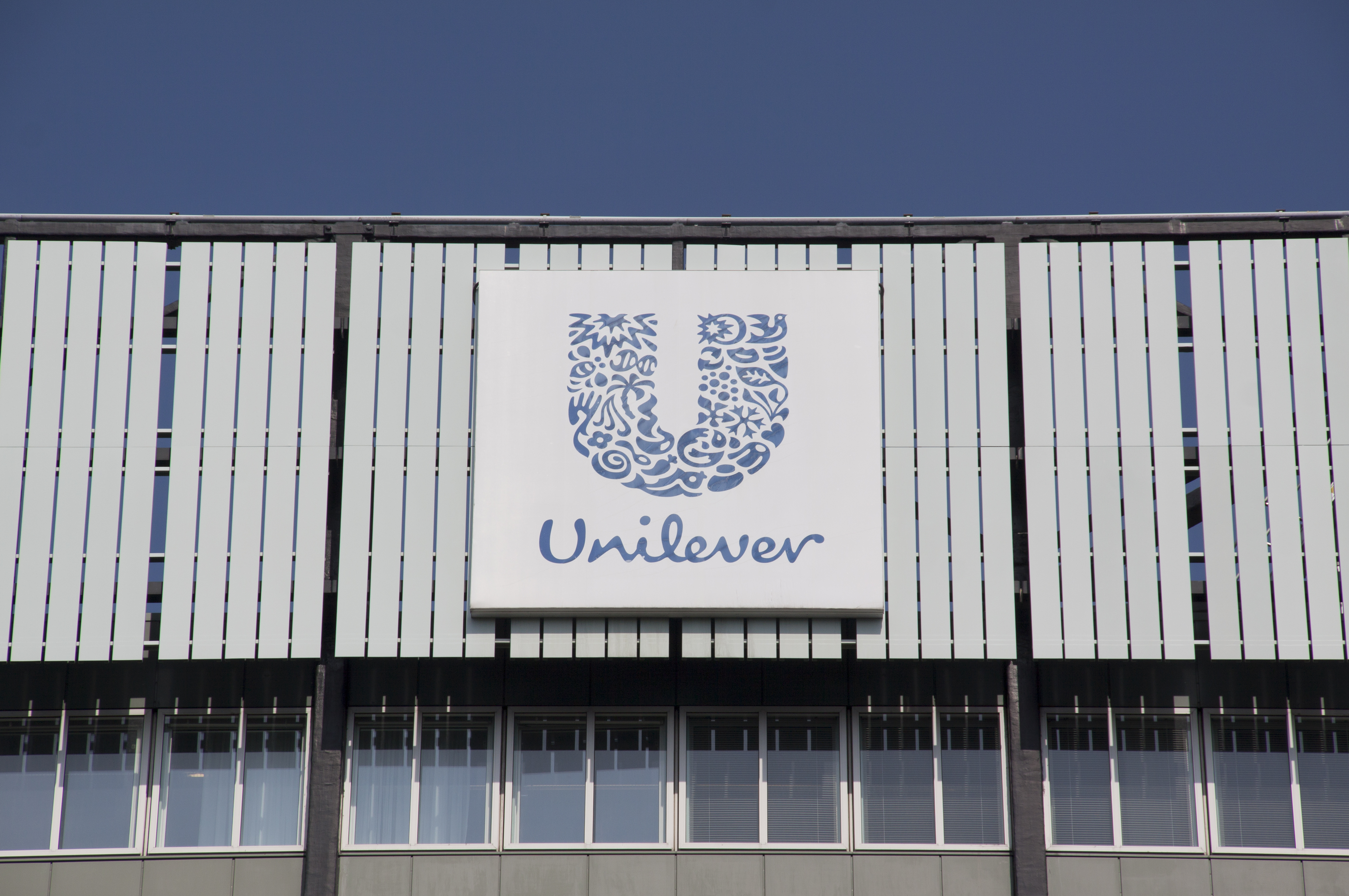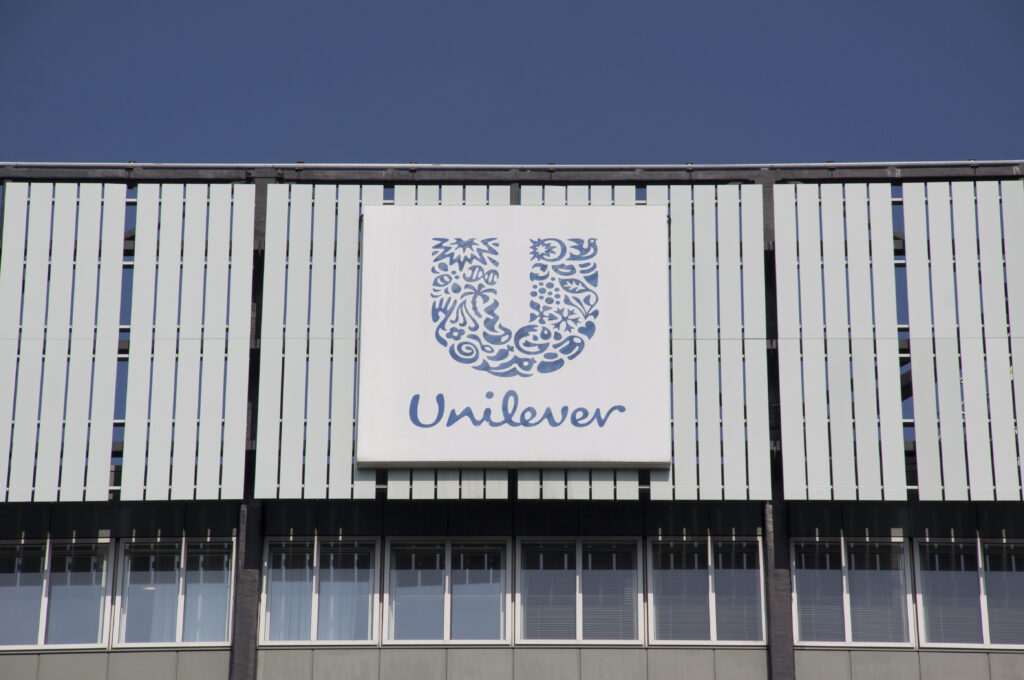
Unilever CEO Fernando Fernandez has warned that “inflationary pressures” may hit some of its most profitable divisions, says Emma Taggart in The Times. He claims to have seen “some return of commodity inflation”, though so far only in “a few families of materials”. He thinks that Unilever’s emphasis on localised supply chains mean that Trump’s tariffs will have only a limited direct impact on its sales, but they will certainly not help what is becoming “a more challenging macroeconomic environment” in the firm’s largest market.
Unilever isn’t the only food producer to worry about gloomier economic conditions, both in the US and elsewhere, say Madeleine Speed and Gregory Meyer in the Financial Times. Rival conglomerate Nestlé also warned that “weary shoppers would have to swallow higher prices”. PepsiCo and Procter & Gamble have also cut their outlooks for the year owing to “tariff-related uncertainty”. While all these companies were able to get away with passing on increased costs during Covid, this time around many consumers may “not stomach” further price rises.
Unilever is ‘more resilient than its rivals’
Still, Unilever’s latest quarterly results suggest it is managing to deal with the “basket of headwinds hitting the retail sector” better than its rivals, says eToro’s Mark Crouch, while making further progress on creating a “leaner, more resilient operation”. Unilever delivered a “steadfast” 3% increase in underlying sales in the first quarter, and it remains on track to meet its full-year sales growth target of 3%-5%. This would seem to vindicate its strategy of “doubling down on its so-called power brands” while “trimming away lesser-known names and spinning off its ice-cream business”. The approach aims to generate “significant savings while easing pressure on margins”.
Sign up to Money Morning
Don’t miss the latest investment and personal finances news, market analysis, plus money-saving tips with our free twice-daily newsletter
Don’t miss the latest investment and personal finances news, market analysis, plus money-saving tips with our free twice-daily newsletter
Unilever’s results may show the business “is moving forwards rather than backwards”, but don’t get carried away by the latest figures, says AJ Bell’s Russ Mould. While sales growth was certainly higher than anticipated, the conglomerate “hardly shot the lights out”, with the “pedestrian” figures failing to support Fernandez’s claims that the company is now “moving at pace”. As a result, shareholders may have to accept that a certain amount of “patience” will be required, and hope that “slow and steady” does indeed win the race for Unilever.
Successfully turning around Unilever, especially when the wider sector is struggling, won’t be easy, says Hargreaves Lansdown’s Matt Britzman. However, the “resilient” results, with the gross margin “reaching its highest level in a decade”, are certainly “promising”. Unilever “remains a quality business with attractive fundamentals”. So, if Fernandez can deliver on planned cost cuts and spin-off ice cream “without causing too much disruption”, then achieving consistent mid-digit sales growth should be “on the cards”. That bodes well for the stock, as the current valuation “isn’t too demanding”.
This article was first published in MoneyWeek’s magazine. Enjoy exclusive early access to news, opinion and analysis from our team of financial experts with a MoneyWeek subscription.



